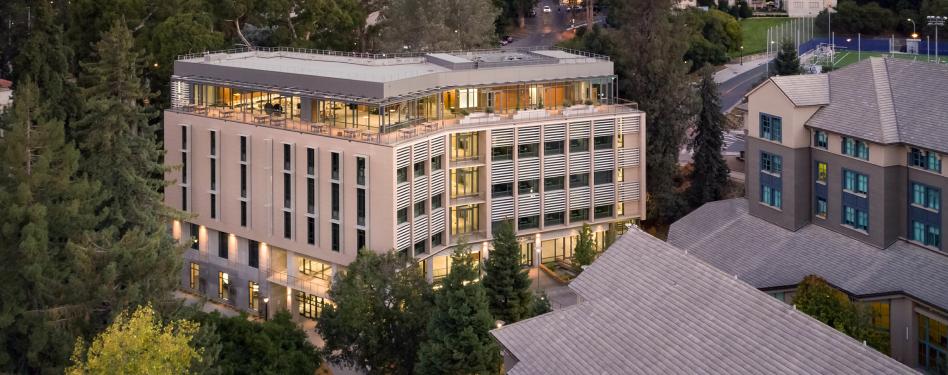
It’s Net Zero Buildings Week, and we’re highlighting and celebrating the benefits of reaching zero: zero water, energy, carbon, and most importantly for TRUE, zero waste. Led by New Buildings Institute, along with other industry partners, Net Zero Buildings Week is designed to showcase and promote the benefits of net zero buildings for a more sustainable future.
TRUE is a zero waste certification program that focuses on helping buildings, businesses and events strengthen their commitment to resource management. The rating system is designed to divert all solid waste from landfill, incineration and the environment. Facilities achieve certification by meeting an average of 90% or greater overall waste diversion over a period of 12 months, as well as by implementing minimum program requirements within the TRUE rating system.
While many projects pursue TRUE because of its low barrier to entry, quick return on investment and immediate environmental benefits, TRUE also pairs easily with LEED certification for green buildings. In fact, a facility that achieves both LEED certification and TRUE Platinum certification qualifies for LEED Zero certification for zero waste.
One such double-certified building can be found on the University of California, Berkeley campus at the Haas School of Business. The TRUE certification process began as soon as Connie & Kevin Chou Hall opened to students in August 2017, and today it boasts Platinum-level LEED, WELL and TRUE certifications.
Lin King, manager of Cal Zero Waste at UC Berkeley, who oversees waste management for the entire campus, described the importance of seeking such certification: “We initiated the TRUE certification for Chou Hall as our beacon to demonstrate that zero waste is definitely achievable for the entire campus.”

Tables share zero waste information with new arrivals at the start of each semester. Photo courtesy of UC Berkeley.
Achieving zero waste was a two-pronged approach using awareness and education campaigns, as well as infrastructure developments. Since Chou Hall is a public academic building with new building users annually, if not daily, awareness and education campaigns are essential. Those tactics include setting up tables outside the building at the start of every semester, sending monthly newsletters to give updates on tips and tricks, providing uniform signage above all waste bins, and sharing reminders and updates in the building’s main entrance.

Trash and recycling bin signage. Photo courtesy of UC Berkeley.
This community engagement work is vital to the building’s success, due to its infrastructure nuances. When Chou Hall opened, there was one obvious element missing: trash bins. Everything produced in Chou Hall had to be compostable, recyclable or reusable, including all the items sold in Cafe Think. If a building user brought in any trash, they had to “pack it out.” By eliminating the option of placing everything in a trash bin, the Chou Hall Zero Waste Team nudged building users to not only sort correctly, but to think about the waste that they were generating. By creating this "zero waste zone," the team helped building users make better, more informed choices in favor of recycling, composting and reuse.

Chou Hall is certified under LEED, TRUE and WELL. Photo courtesy of UC Berkeley.
Chou Hall is leading the movement to redesign systems within the academic context and create a powerful zero waste culture. It serves as a model for environmental sustainability at UC Berkeley and represents a critical step toward the University of California’s goal of reaching carbon neutrality by 2025.
One essential component to Chou Hall’s success was that the zero waste initiative was undertaken by a multidisciplinary team, including students (undergraduate and graduate), staff and faculty.
Jessica Heiges, the Chou Hall Zero Waste Initiative student lead and then candidate for the master's of development practice degree in the College of Natural Resources, called the certification “a wonderful confirmation that the community can come together to effect change and realize an unprecedented and essential vision of waste-free systems.”
You can learn more about Chou Hall’s impressive work on their website and in their case study.